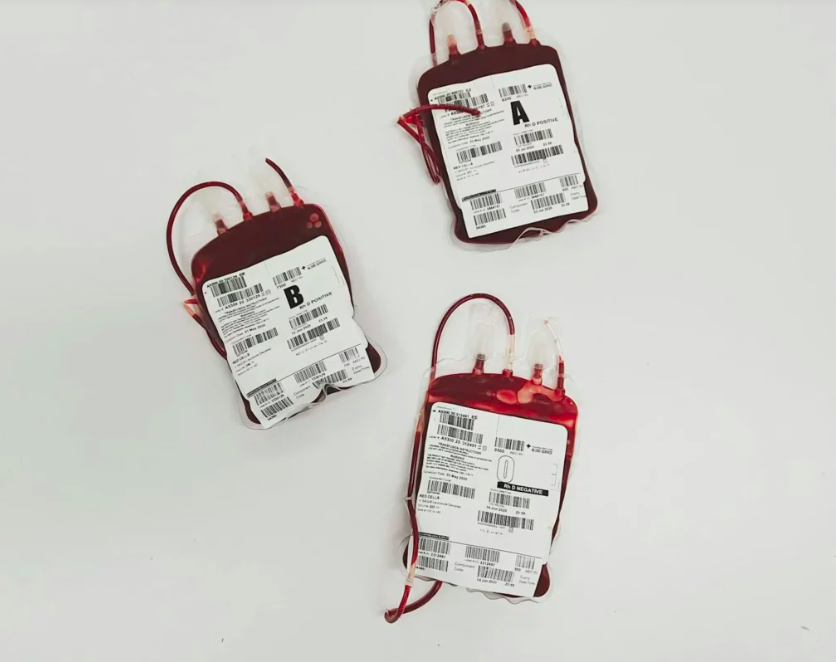The exact causes of stomach cancer remain unclear, but researchers have identified several factors that can increase the risk of developing the disease. These include age, being overweight, untreated infections, and smoking.
According to Cancer Research UK, one significant factor in stomach cancer is infection with Helicobacter pylori (H. pylori), a bacteria that infects the stomach lining. This bacteria spreads through contaminated food and water and is responsible for around 40% of stomach cancers in the UK. While some people infected with H. pylori may experience no symptoms, for others, it can lead to stomach inflammation and ulcers, both of which are risk factors for developing stomach cancer.
Symptoms of Stomach Cancer
The early symptoms of stomach cancer are often mild and easily confused with other common conditions. According to the NHS, these symptoms may include persistent indigestion, heartburn, bloating after meals, and frequent burping. As the cancer progresses, more severe symptoms may appear, such as blood in the stool, unexplained weight loss, and loss of appetite.
Blood Type and Stomach Cancer Risk
In addition to these known risk factors, recent studies have suggested that blood type could influence the likelihood of developing stomach cancer. Research has found that individuals with blood types A, B, or AB may have a significantly higher risk of developing certain types of cancer, including stomach cancer.
A study conducted on 50,000 Iranians found that people with blood types A, B, or AB have a 55% higher risk of developing stomach cancer compared to those with blood type O. This research highlights that around half of the UK population may be at an elevated risk due to their blood type.
Additionally, the study found that people with blood type AB had a 45% higher chance of developing liver cancer. Interestingly, those with O and AB blood types were found to have a lower risk of pancreatic cancer. In the UK, O positive is the most common blood type, while AB negative is the rarest, making up just 1% of the population.
The Mystery Behind Blood Type and Cancer Risk
While these findings are significant, researchers are still unsure why certain blood types are linked to a higher risk of cancer. The exact mechanisms behind how blood type might influence cancer development remain unclear, and further studies are needed to understand the underlying biology.
In conclusion, while blood type appears to play a role in cancer risk, it is just one of many factors. Understanding how blood type interacts with other risk factors, such as infections or lifestyle choices, could lead to better prevention and treatment strategies in the future.

Sophia Reynolds is a dedicated journalist and a key contributor to Storyoftheday24.com. With a passion for uncovering compelling stories, Sophia Reynolds delivers insightful, well-researched news across various categories. Known for breaking down complex topics into engaging and accessible content, Sophia Reynolds has built a reputation for accuracy and reliability. With years of experience in the media industry, Sophia Reynolds remains committed to providing readers with timely and trustworthy news, making them a respected voice in modern journalism.
